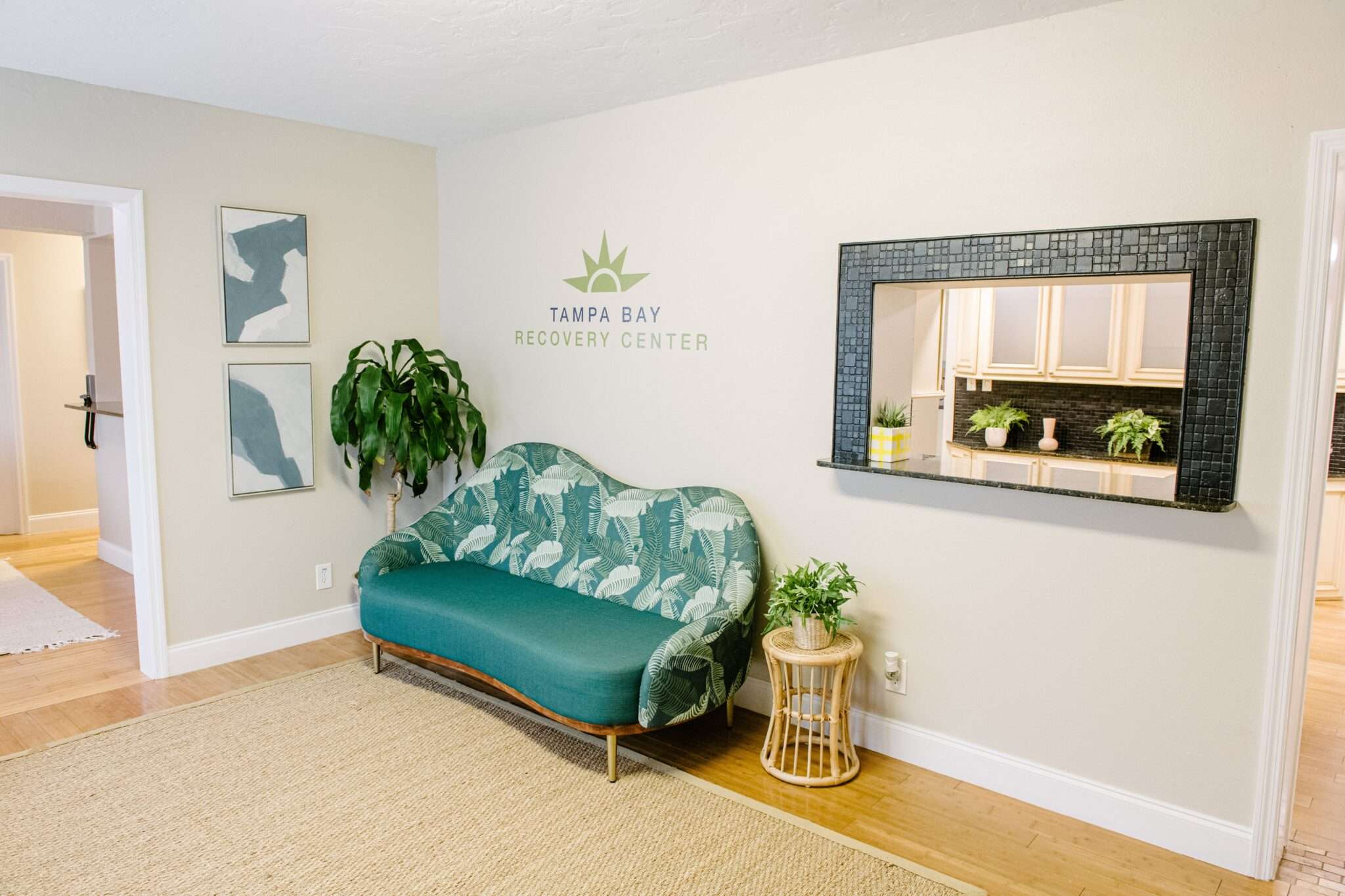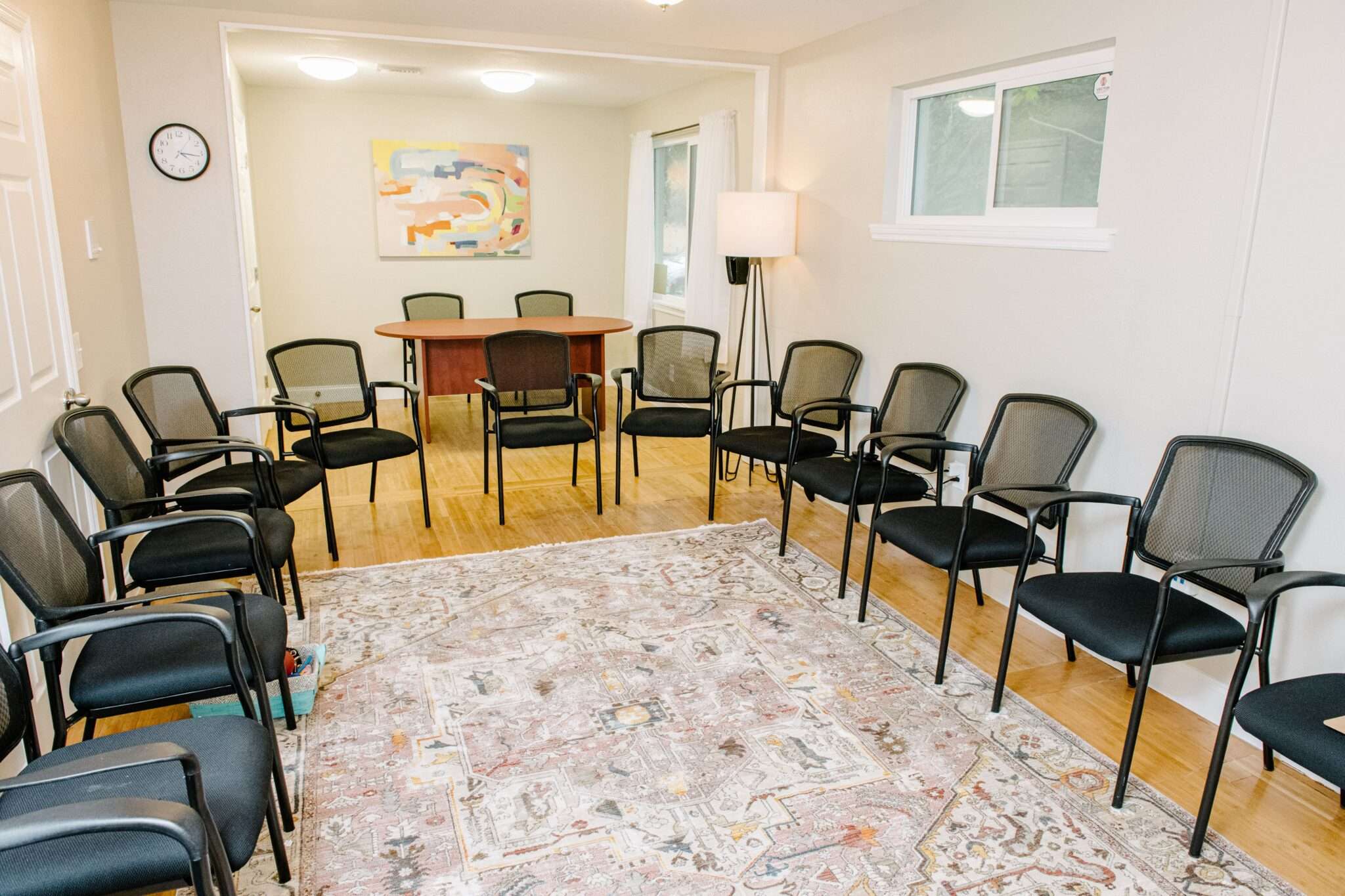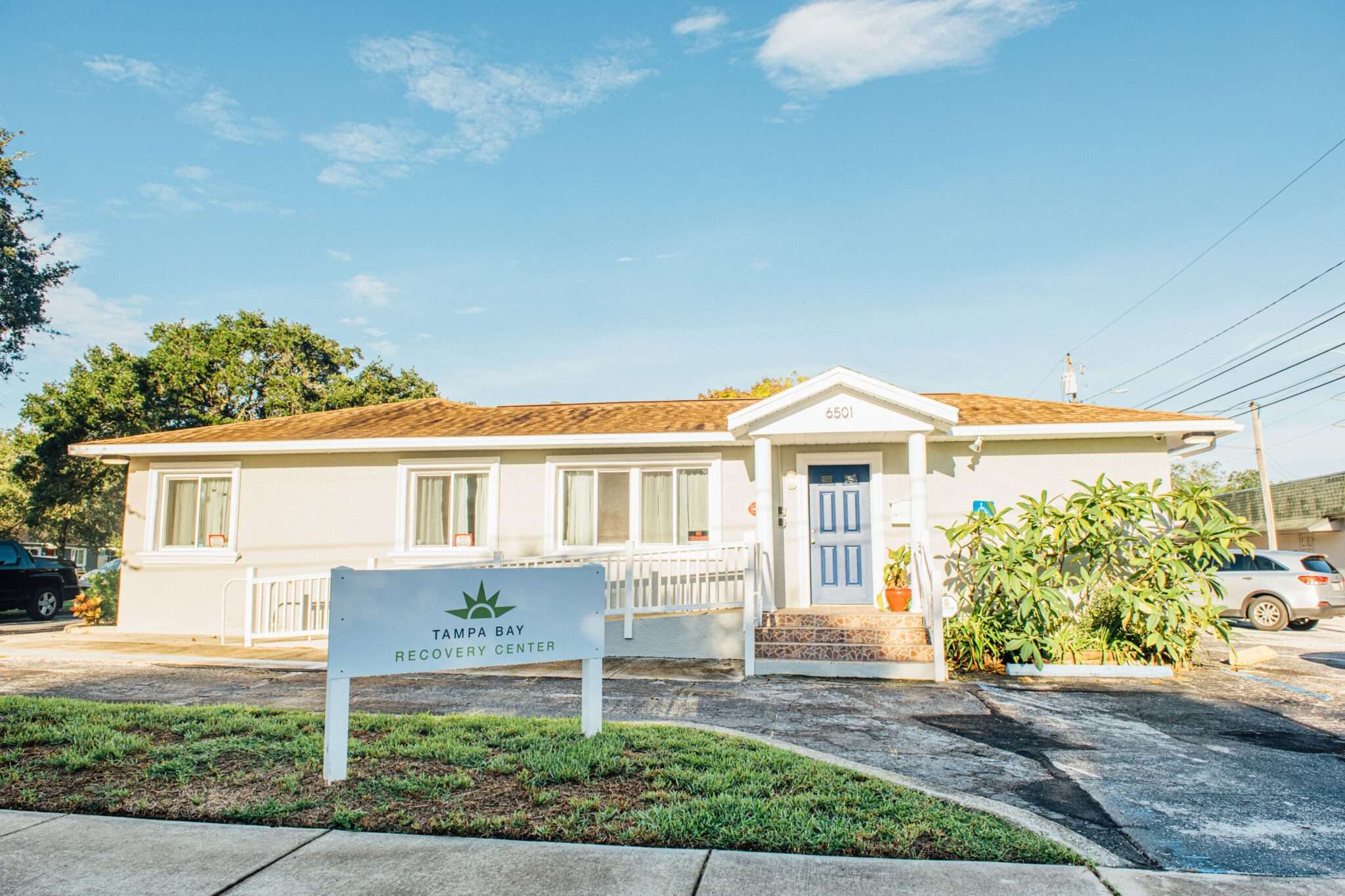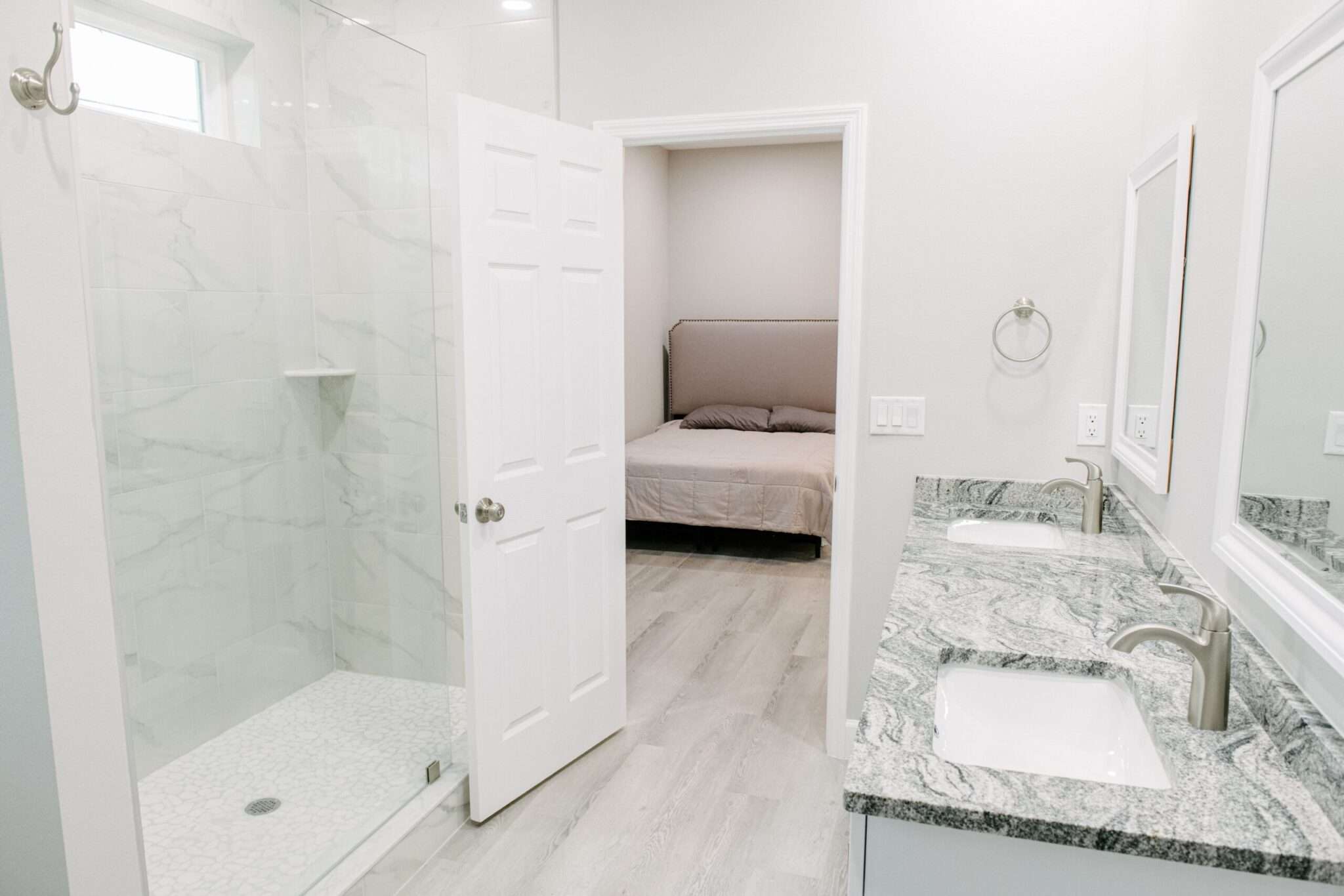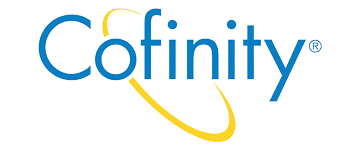Trauma & PTSD Treatment in Tampa, Florida
You don’t need to be a veteran or have been to war to suffer from Post-Traumatic Stress Disorder (PTSD). Any stressful or traumatic encounter, whether in childhood or adulthood, can have a lasting impact on your quality of life and leave you with symptoms of PTSD.
At Gulf Coast Recovery Center, our PTSD treatment program in Tampa combines the latest therapeutic techniques with personalized care plans to meet the unique needs of every individual.
If you or a loved one is struggling with PTSD, our mental health facilities in Tampa are here to help. Call us now at 813-755-8864 or verify your insurance to take the first step toward recovery.
What is Trauma?
Trauma is an emotional response to deeply distressing or disturbing events that overwhelm an individual’s ability to cope. It often causes feelings of helplessness, diminishes self-worth, and impacts the ability to experience the full range of emotions. Examples of traumatic events include:
- Violence
- Severe accidents
- Natural disasters
- Life-threatening or significantly upsetting experiences
What is PTSD?
Post-Traumatic Stress Disorder (PTSD) is a mental health condition triggered by experiencing or witnessing a terrifying event. According to the National Center for PTSD, about 6% of the U.S. population will experience PTSD at some point in their lives. Symptoms may include flashbacks, nightmares, severe anxiety, and uncontrollable thoughts about the event.
PTSD is a complex disorder that manifests differently in each individual, making specialized treatment essential for recovery.
Signs and Symptoms of PTSD
Recognizing PTSD symptoms is vital to seeking timely help. Symptoms often include:
- Re-experiencing the Trauma: Flashbacks, nightmares, or intrusive thoughts about the traumatic event
- Avoidance: Steering clear of reminders of the trauma, including people, places, or activities
- Negative Changes in Thoughts and Mood: Persistent negative beliefs, feelings of detachment, or a lack of interest in activities
- Hyperarousal: Being easily startled, feeling on edge, difficulty sleeping, or irritability
How Do I Know I Need PTSD Treatment?
If PTSD symptoms interfere with your daily life, relationships, or responsibilities, seeking treatment is essential. Indicators that you may need professional help include recurring flashbacks, severe anxiety, and avoidance behaviors. Remember, reaching out for support is a sign of strength.
How Does Our PTSD Treatment Program in Tampa Work?
Our PTSD treatment programs are tailored to address the unique needs of each client, offering several levels of care:
Partial Hospitalization Program (PHP)
PHP provides intensive, structured treatment without requiring overnight stays. Clients attend daily therapeutic sessions, including individual and group therapy, skill-building workshops, and holistic activities. This program offers a high level of care while allowing clients to return home or to a supportive living environment in the evenings.
Intensive Outpatient Program (IOP)
IOP is designed for individuals who need more support than traditional outpatient care but can still engage in daily responsibilities. Clients participate in therapy multiple times a week, focusing on evidence-based treatments, peer support, and family therapy sessions. This program provides a balance between intensive care and real-world application of coping strategies.
Outpatient Program (OP)
Outpatient care is a flexible option for individuals who have completed higher levels of treatment or require less intensive support. Clients attend therapy sessions that fit their schedules, including evenings and weekends, while integrating recovery into their daily lives. OP emphasizes relapse prevention and building a strong support network.
How is PTSD Treated in Tampa?
Our comprehensive PTSD treatment approach combines evidence-based therapies with supportive practices to address the whole person, not just their symptoms.
Cognitive Behavioral Therapy (CBT)
CBT focuses on identifying and challenging negative thought patterns and behaviors related to trauma. Clients develop effective coping strategies to manage anxiety, avoidant behavior, and other PTSD symptoms.
Eye Movement Desensitization and Reprocessing (EMDR)
EMDR is a non-invasive therapy that helps process and desensitize traumatic memories. Through guided recall of distressing events and bilateral stimulation, clients reduce the emotional impact of their trauma and reframe negative self-beliefs.
Trauma-Focused Psychotherapy
This specialized therapy directly addresses the emotional and physical impacts of trauma. By confronting trauma-related memories and emotions, clients gain a deeper understanding of their experiences and begin to heal.
Holistic Therapies
We incorporate holistic practices such as mindfulness and yoga to support emotional regulation and stress reduction. These therapies complement clinical approaches by promoting overall well-being.
What to Expect at Our PTSD Treatment Center in Tampa
At Gulf Coast Recovery Center, you will find a warm and supportive environment where healing is our top priority. From the moment you arrive, our compassionate team will guide you through every step of your recovery journey. We provide personalized care plans, a range of therapeutic modalities, and a commitment to helping you achieve lasting recovery.
If you’re ready to overcome PTSD and reclaim your life, call us today at 813-755-8864 or verify your insurance. Let Gulf Coast Recovery Center help you find healing and hope.


